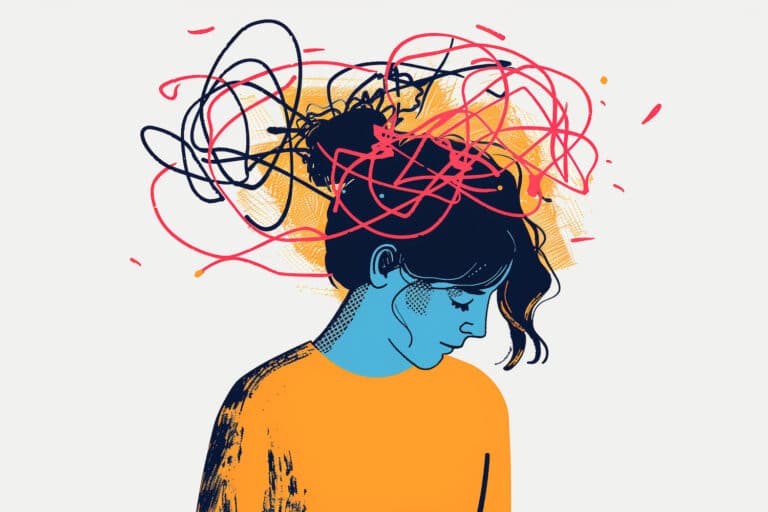Back to school season is in full swing and that comes with a whole range of stresses. Finding all the right classrooms, knowing where your locker is, and making sure you can complete all your assignments can lead to a busy first few weeks of school. Trying to shake off the summer relaxation and get used to the early mornings can be tough!
Teenagers in eating disorder recovery have another layer of stress to manage during this time. Making recovery a priority as you head back to school is vital. Trying to manage eating disorder recovery as an adolescent can be a serious challenge, though. The pressure to fit in creates all kinds of mixed feelings and emotions.
How can you be sure to keep your recovery at the front of your mind as school starts up again? What are some things you can do to ensure you remain behavior-free while you get back into the routine of school?
Remember Your Recovery Matters Most
It’s likely you’ll struggle if you don’t put your eating disorder recovery first. It’s not always easy to recognize how important recovery is, but you won’t be able to participate in much else if you aren’t committed to your recovery. Staying behavior-free is the baseline if you want to be successful as you head back to school.
If you’ve already gone through eating disorder treatment, it’s important to make your coping skills a priority. Continue doing the things it took to reach the point you’re at in your recovery right now. This means going to outpatient if you’re still part of an outpatient program or participating in any activities part of your recovery plan.
Stick To A Routine
Consistency and routine are some of the most important things for people in recovery. The more variables you control, the less likely things are to come up and surprise you. Thankfully, your school schedule allows for consistency during the weekdays. It’s a good idea to make note of any half-days or late starts, too, so you can come prepared.
Try sticking to a routine outside of regular school hours, too. Do your assignments at the same time each day and sit down for dinner at a consistent time, too. You’ll feel stronger in your recovery when you’re ready for what comes next during your day.
Keep Your Circle Close
You don’t have to go back to school and handle your recovery on your own. You have your family and close group of friends who already know what you’re going through. Keep this group close as you get back to school if you want to maintain your recovery. Your friends who know what’s going on can offer support and someone to lean on when you’re having a difficult day at school.
It’s not a bad idea to inform the school counselor so you have an adult who can support you, too. No one needs to know if you see the school counselor but it helps to know that you have someone there to reach out to. The more support you have on campus, the easier it will be to make your recovery a priority as you head back to school.
Follow Guidance from Your Dietitian for Lunchtime
Navigating the school cafeteria can be challenging and triggering depending on where you are in your recovery. Lunch could look like packing your own or choosing to eat at school based on what is available in the cafeteria. Discuss this potential obstacle with your Registered Dietitian to ensure your plan is safe, realistic, affordable and in line with your recovery.
Set Up Ongoing Check-Ins
Being in recovery doesn’t mean you have to handle everything alone now. Your treatment team can and should remain an active part of your life as you head back to school. It’s important to stay in touch with your team so they can provide ongoing support and accountability as you adjust.
Set regular checkups with your treatment team, including your doctor, registered dietitian and your therapist, as school starts up again. Keeping your treatment team informed means you’re making your recovery a priority. The more up-to-date your team is, the easier they can respond when you notice things are starting to feel a bit difficult. Recovery coaches can also be a great addition to the team.
Getting Help at Magnolia Creek
Magnolia Creek is a women’s eating disorder treatment program that offers both residential and day treatment programs. We understand the complexity of eating disorder recovery and recognize specialized, compassionate treatment needed to reach it. Clients at Magnolia Creek can rest assured knowing our treatment team is here to restore their physical and psychological health.
We work with women struggling with eating disorders including anorexia nervosa, bulimia nervosa, binge eating disorder, ARFID, and more. If you’d like to learn more about the programs available at Magnolia Creek, get in touch with us today. Our admissions specialists can explain more about our treatment methods and connect you with the program that’s right for you!




